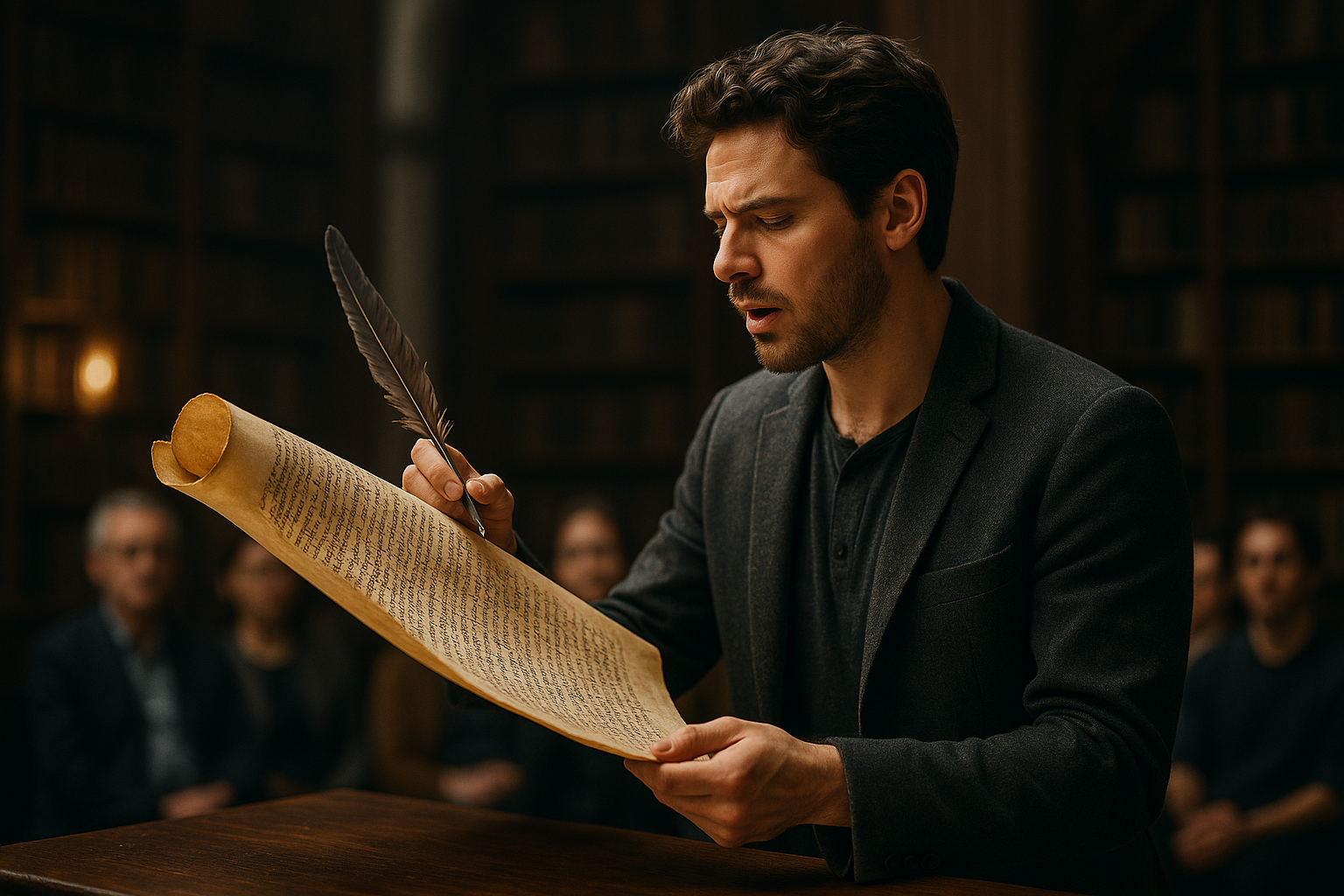Inside the Resurgence of Epic Poetry: A Modern Twist on Ancient Storytelling
In a world where brevity is often seen as the soul of wit, an intriguing counter-trend is quietly taking root in the arts and literary world – the resurgence of epic poetry. Considered a cornerstone of ancient storytelling, this long-form narrative verse seems to be making an unexpected comeback in the age of tweets and text messages.

Delving into the Past: The Grandeur of Epic Poetry
Epic poetry, a poetic form steeped in tradition, can be traced back to the ancient civilizations of Greece and Rome. Epics like Homer’s ‘Iliad’ and ‘Odyssey’ or Virgil’s ‘Aeneid’ were not just stirring tales of heroes and gods, they served as cultural touchstones, encoding societal values and historic events in memorable verse. Epic poems were grand in scope, unfolding over thousands of lines, and were often performed before rapt audiences, passed down through generations.
The Fade and Resurgence
As society evolved, so did our storytelling methods. The advent of the novel in the 18th century marked a shift in literary tastes, leading to a waning interest in epic poetry. However, recent years have witnessed a surprising revival of this ancient form, with contemporary poets breathing new life into epic narratives, weaving complex tales that reflect our modern world.
The Modern Epics: New Themes, New Perspectives
Today’s epic poets, while remaining true to the form’s grand scale and narrative structure, are exploring new themes and perspectives. Environmental issues, social justice, and personal narratives are now taking center stage, reflecting the zeitgeist of our times. Poets like Patricia Smith, with her award-winning work ‘Blood Dazzler’ about Hurricane Katrina, or Anne Carson’s ‘Autobiography of Red’, a novel in verse, exemplify this modern approach to epic poetry.
Impact and Reception: A Fresh Wave of Appreciation
The reemergence of epic poetry has been met with a fresh wave of appreciation from both critics and readers. Scholars laud this trend as a creative response to an increasingly fragmented society, offering a cohesive narrative that can bring people together. Readers, on the other hand, are discovering the immersive nature of these long-form poems, offering a respite from the constant churn of bite-sized information.
This revival of epic poetry, though surprising, is a testament to the enduring power of storytelling in all its forms. As we continue to navigate the complexities of our modern world, these ancient forms of expression provide a comforting touchstone, a reminder of the shared human experience that transcends time and space.




